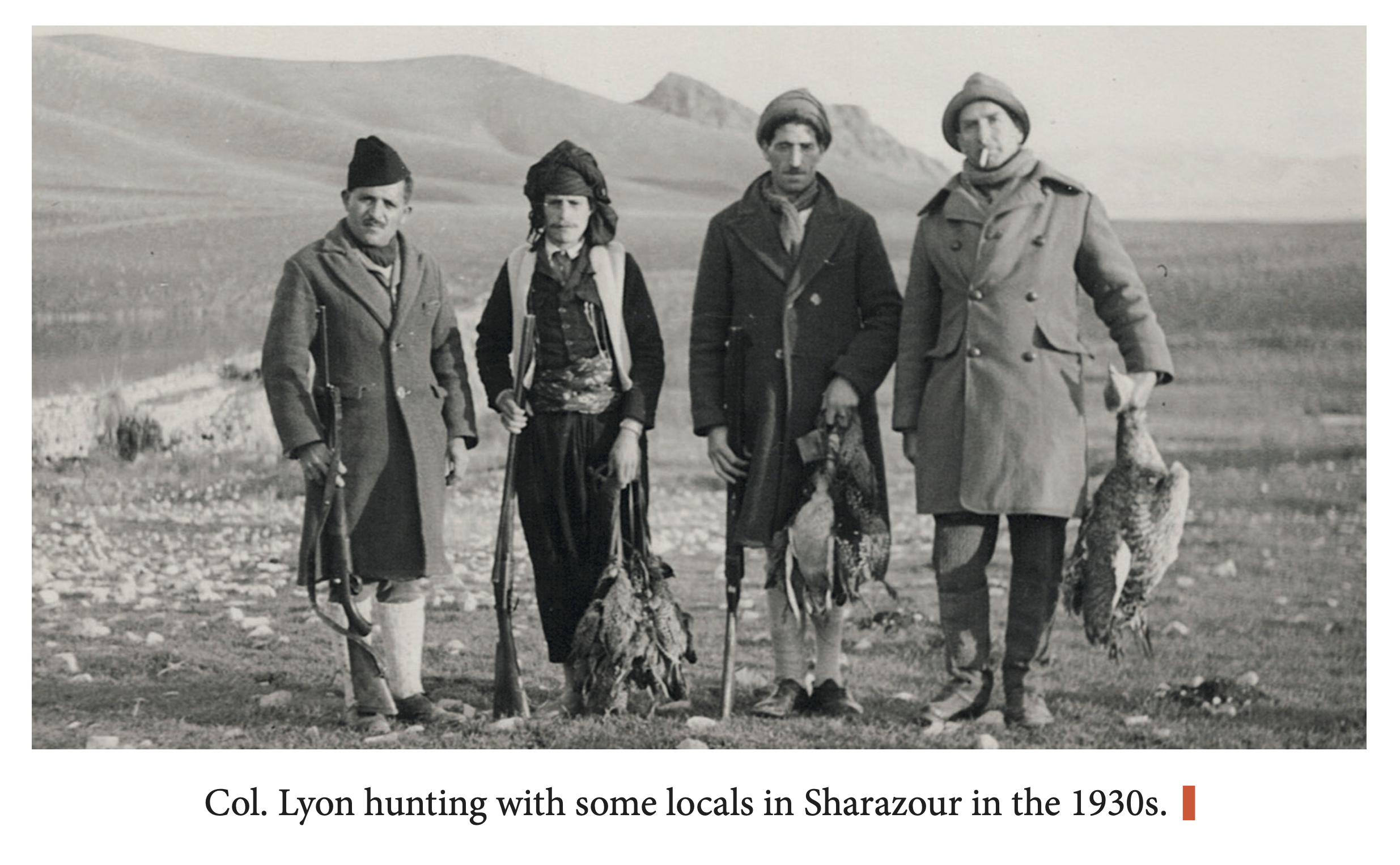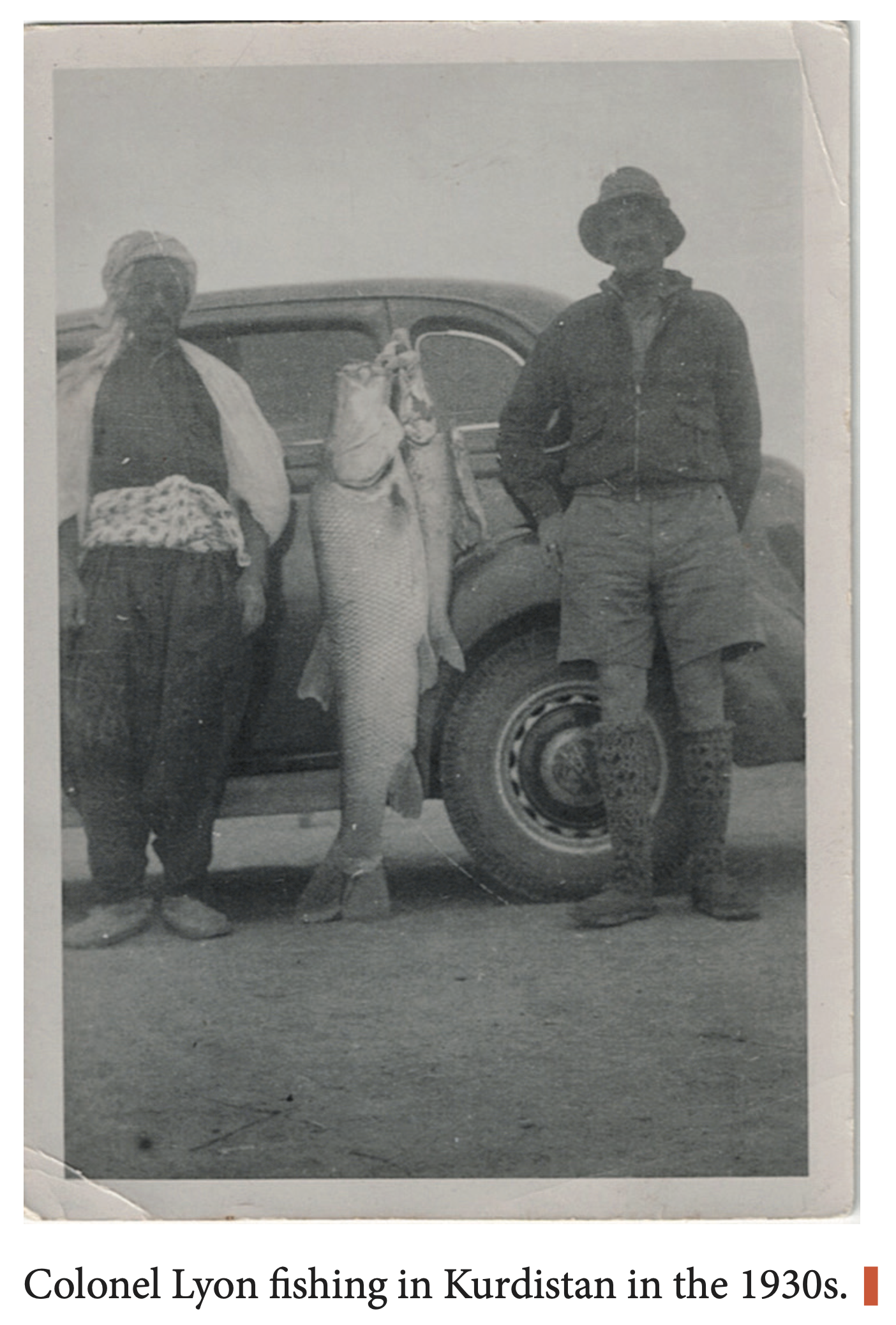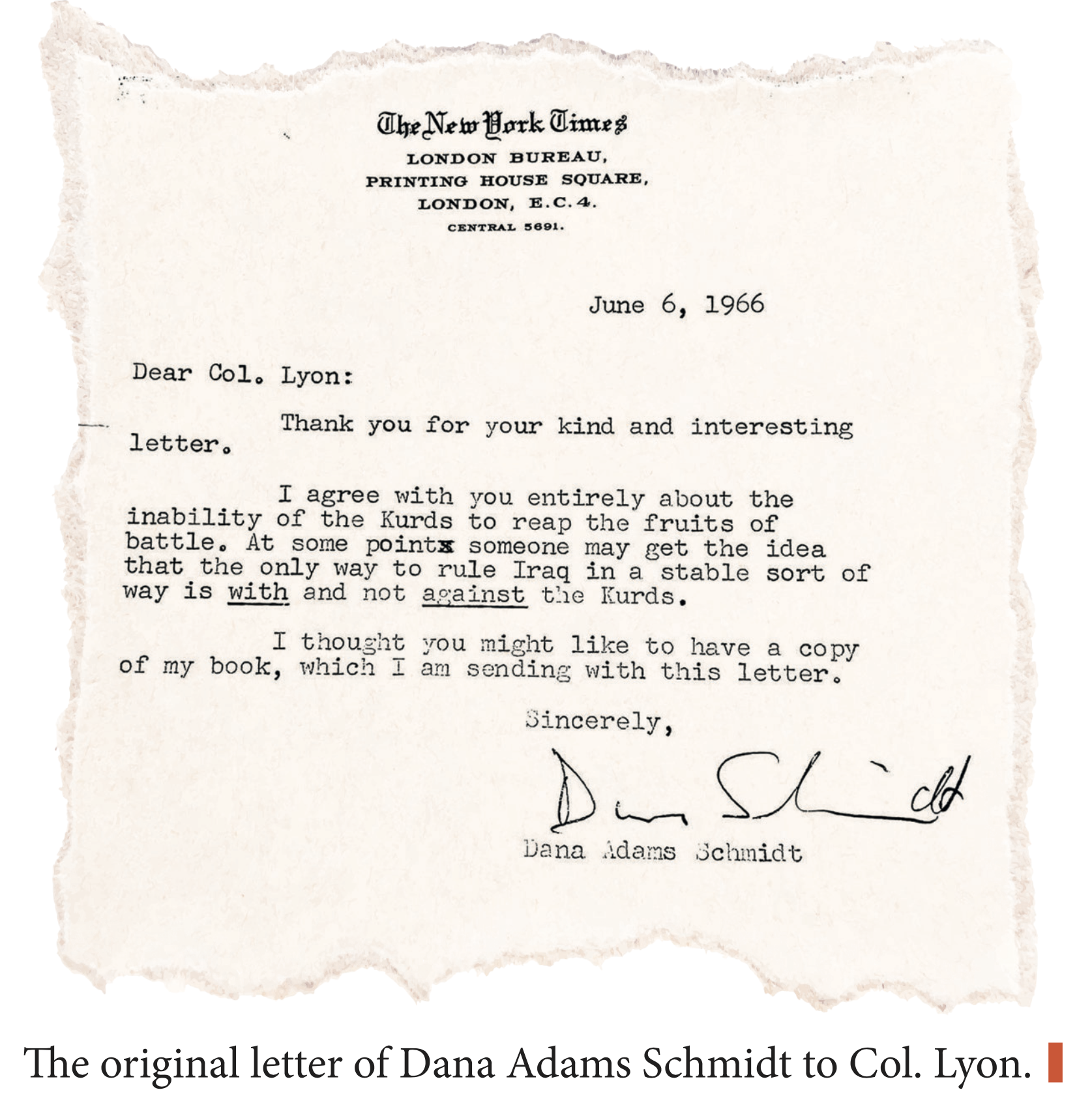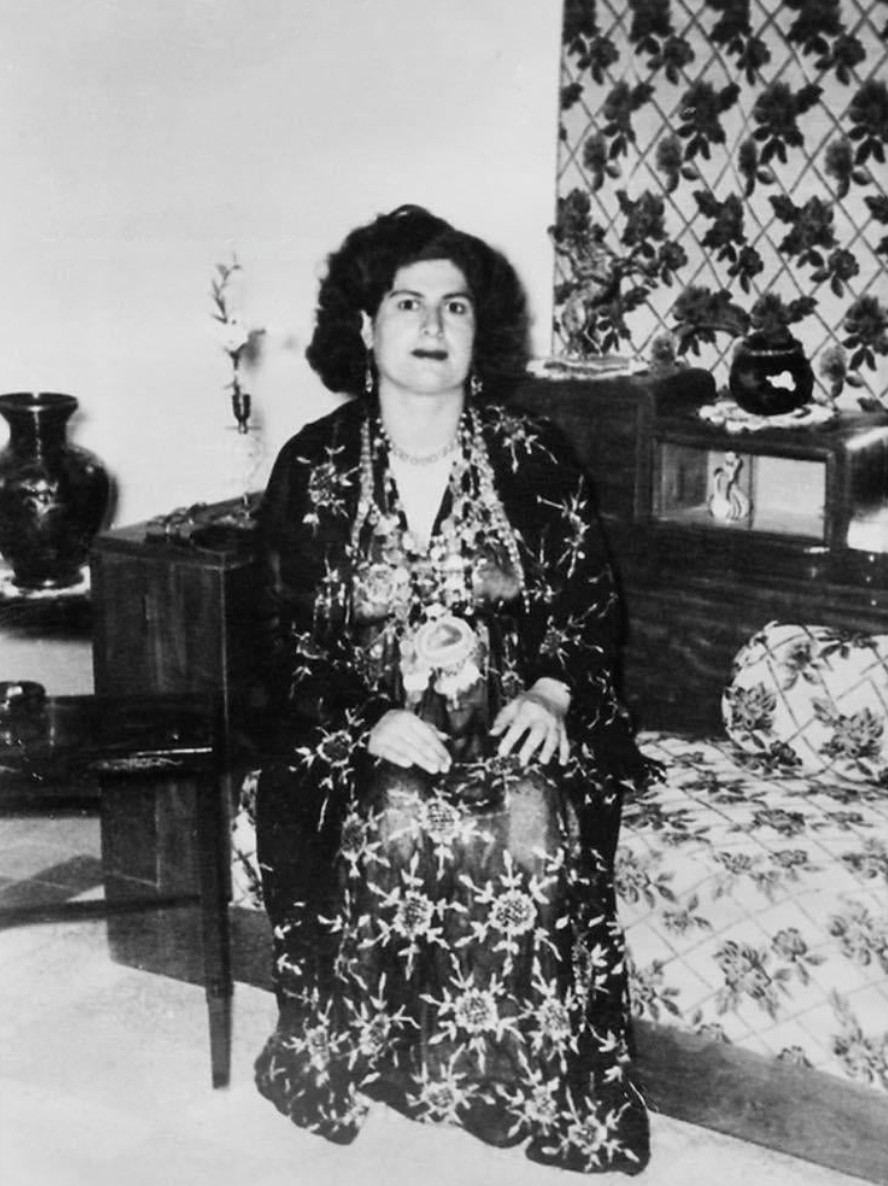The accord reached in April between Erbil and Baghdad has triggered a sense of déjà vu, evoking memories of an experience I had in London during the 1970s: I had the honor of fulfilling the request of the legendary Kurdish leader Mustafa Barzani to meet with British Col. Wallace A. Lyon, who held a strong conviction that Iraq could only achieve success and prosperity by working together with the Kurds, not against them.
Over the decades, the acrimonious disputes between Baghdad and Erbil concerning power-sharing, revenue allocation, the resolution of disputed territories and the Arabization of Kurdish areas, among other issues, have led to serious consequences for all involved.
However, the most recent agreement signed by the leaders of both the Kurdistan Regional Government and the Iraqi Federal Government charts a new course forward. With any luck, it will put an end to the protracted issues of the past and provide a framework for the two parties to reconcile their differences.

Recognizing aspirations for self-rule
My doubts about the likelihood of this agreement being realized stem from the fact that the Iraqi government has a track record of not fulfilling its promises over the past century. Furthermore, my meeting with Col. Lyon has reinforced my skepticism.
During our conversation, Lyon and I engaged in many topics surrounding the numerous challenges faced by the Kurdish people in Iraq. Lyon's extensive involvement in Kurdistan extended across nearly three decades, spanning from 1918 to 1945.
Lyon was appointed as the British representative in Kurdistan in 1918 following the end of World War I. At the time, the region was under Ottoman rule, and Lyon was tasked with overseeing the withdrawal of Turkish troops and establishing a provisional administration. He quickly recognized the Kurds' aspirations for self-rule and worked tirelessly to ensure that their interests were represented in the post-war settlement.
Throughout this period, Lyon was instrumental in shaping the political and military landscape of the Middle East. During our conversation, Lyon strongly asserted that Iraq's stability and prosperity would remain elusive until the Kurdish issue was acknowledged and the Kurds are granted the right to autonomy. Given his unwavering support for the Kurdish cause in Iraq, Lyon made a concerted effort to express his concerns to British and American authorities, in addition to actively engaging with journalists and academic communities on the matter.

Steadfast dedication to the Kurdish cause
Following the end of the war, Lyon retired from military service and returned to England. However, he remained in contact with his Kurdish colleagues, and he continued to advocate for their cause.
In 1945, he wrote a book entitled The Kurdish Problem in Iraq, in which he argued for greater Kurdish autonomy within Iraq. In the 1930s, he had, after all, played a key role in negotiating a settlement between the British authorities and the Kurdish nationalists.
Despite his retirement, Lyon remained engaged with Kurdish leaders, leveraging his influence and expertise to vigorously promote their pursuit of greater autonomy and self-government. His steadfast dedication to the Kurdish cause serves as a testament to his enduring commitment to the advancement of Kurdish interests and the realization of their aspirations for a just and equitable future.
Lyon posited that both the British and Iraqi Arabs had failed to comprehend the legitimate demands of the Kurdish people, an error of great consequence. His convictions were shared by a fellow admirer of Kurdish people, Dana Adams Schmidt, with whom he corresponded at length.
In fact, following our conversation, Lyon retrieved a letter from his desk – one that had been sent to him by Schmidt on June 6, 1966, while he was serving as the correspondent for the New York Times in London. In the letter, Schmidt concurred with Lyon's view that the only means of achieving stability in Iraq is by working in tandem “with” the Kurds, rather than “against” them.
Lyon was deeply committed to his advocacy on behalf of the Kurds, and the letter from Schmidt served as an additional source of affirmation of his efforts.
At the end of the meeting, Col. Lyon gave me the original copy of the letter and sent it along with a Cambridge University scarf as a gift to Mustafa Barzani. When I returned to Kurdistan, I delivered Lyon's message to Barzani and handed him the scarf and the letter. Upon reading it, Barzani asked me to safeguard it.

Prioritizing collaboration
Over the course of his extensive service in Kurdistan, Col. W.A. Lyon developed a deep-seated commitment to the Kurdish cause, which led him to become an unwavering supporter of Kurdish self-determination.
Regrettably, his decision to retire was motivated primarily by the consistent failure of Arab politicians to uphold their commitments to the Kurdish people, including the provision of a just profit-sharing agreement for oil revenues.
What stands out is that for the past seventy years, the Iraqi government has repeatedly pledged to address the concerns of the Kurdish people yet has consistently failed to follow through on its promises.
The success of the present agreement between Baghdad and Erbil will therefore hinge on the ability of the Iraqi government to fulfill its commitments. Whether Baghdad will exhibit the sort of leadership that Col. Lyon and Schmidt called for in 1966, which prioritizes collaboration with rather than against the Kurds, remains uncertain, but one must remain hopeful.
Dara Attar is specialist in Kurdish affairs and an accomplished author on the subject.

